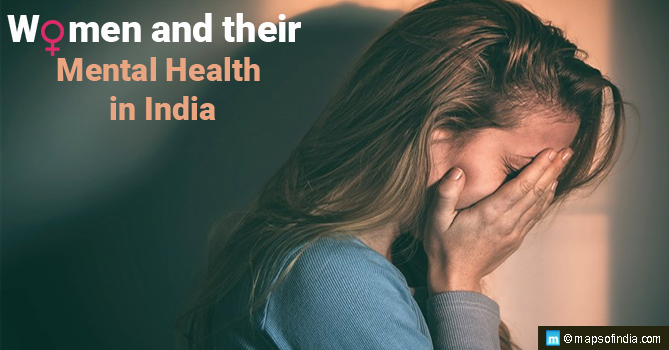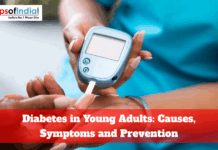Infertility refers to a situation where a woman is unable to get pregnant. It is a curable health complication and is quite common. Taking proper treatment and precautions on time can cure it. The cause of infertility in a woman is different for every individual.
Some common causes include being overweight or underweight, irregular menstrual cycles, hormonal issues, or other medical conditions. Treatment options for infertility have developed over the years. With changing technology, women who cannot conceive naturally have more opportunities, such as In-vitro-fertilization (IVF) or surrogacy.
The process of treating infertility can be emotionally and physically challenging. Women with severe complications may not be able to have their babies even after treatment. For some women gathering the courage to understand and cooperate in the treatment can be difficult. In addition, infertility can often lead to mental illnesses.
What are the psychological impacts of infertility?
Pregnancy is one of the most beautiful transitional phases of a woman’s life. The woman herself and her spouse, family, friends, and well-wishers become delighted and excited for the upcoming baby. However, not every woman can conceive naturally or not at all. This incompletion makes them psychologically distressed.
Those women who cannot conceive face some of the common issues such as depression, anxiety, and stress. They become emotionally distressed, for which getting easily angry or irritated is also commonly seen in those women.
- Women who opt for treatment for their infertility often fall sick during their treatment making it more difficult to recover. The process fears them, and the lack of support from family or friends can also be why they lose confidence in themselves.
- Infertility is a complication, which makes an individual emotionally weak. The fact that they are unable to get pregnant makes their self-esteem very low. The failure of not having a baby makes them feel like a failed human beings, and ultimately, they start withdrawing themselves from every aspect of life.
- Women who try to conceive in every way possible and fail to get pregnant suffer the most. Every time they attempt, they have a new hope, which also dies when the attempt fails. This phase of their life remains incomplete, which leads to depression. It also causes- lack of interest in other activities, loss of appetite, being sad or crying most of the time, not talking to anyone, difficulty sleeping, or sometimes having nightmares.
- It becomes more difficult for a woman to overcome emotional distress when their spouse, family, friends, or society taunts them for being infertile. Many organisations/communities still lack the understanding that being infertile is not a sin, for which they view it as a harmful matter. Females are mostly blamed for it, even if it is not the case every time. Sometimes males can have fertility issues too, which causes difficulty for conceiving.
A woman is emotionally distressed when she learns about being infertile, and it dramatically impacts her life. However, the spouse and other family members may also be emotionally distressed. Therefore, women are advised to consult with mental health professionals who overcome such situations.




